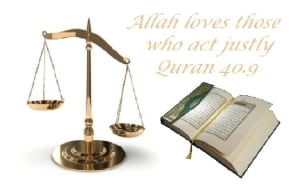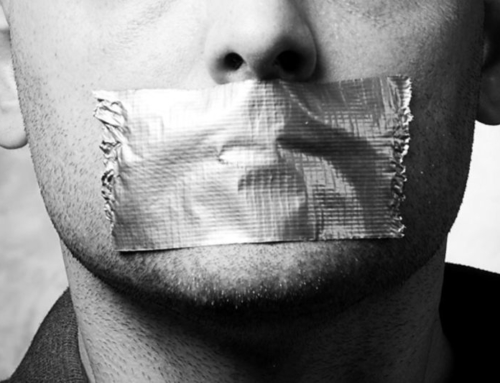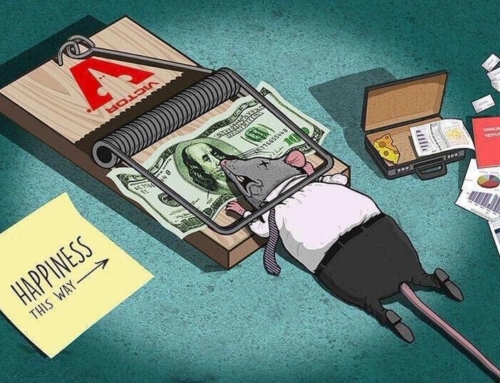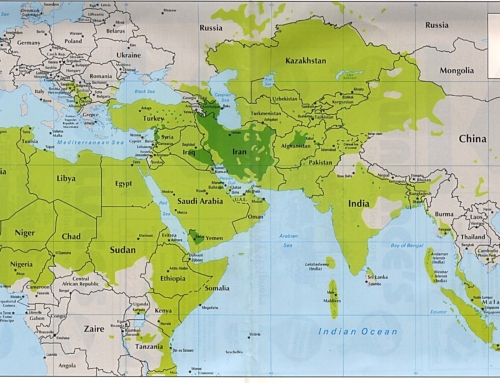Islam’s Teachings on Justice and Forgiveness
The world is full of injustices. Mass killings, theft, murder, rape, economic injustice and cheating are constant themes on the daily news. When an injustice is committed, it does not only impact one person, but often all of society. When a home is robbed, it removes the feeling of security from the entire neighborhood. When someone is murdered, it is not only injustice toward the victim, but it is an injustice toward the sanctity of human life. It destroys the life that God created. The Qurʾān was sent with rules and regulations to help establish both justice and forgiveness on earth. Justice is a central theme of the Qurʾān, but justice is also carefully balanced with forgiveness. When one is wronged, they have the option to seek justice or forgive. Forgiving is the higher and better route, but not mandatory. In other words, one does not have to seek just retaliation, although they have the right to do so.
God Forbids Injustice and Teaches Forgiveness
God is all powerful and no one can hold Him to account. Nevertheless, He does not commit injustice even to the worst of people. In a famous narration, the Prophet Muhammad peace be upon him explained that God said, “O My slaves, I have forbidden injustice for Myself and forbade it also for you. So, avoid being unjust to one another.” (Muslim). Being that God is the Creator and all powerful, if anyone had a right to be unjust it would have been Him. However, He states that He does not do injustice toward us therefore we should not commit injustice toward one another. On the contrary, God often forgives wrongdoing gives multiple rewards for a single good deed. Surely Allah does not do injustice to the weight of an atom, and if it is a good deed He multiplies it and gives from Himself a great reward (Q. 4: 40).
Got Questions?
We have Answers. Get in touch now.








